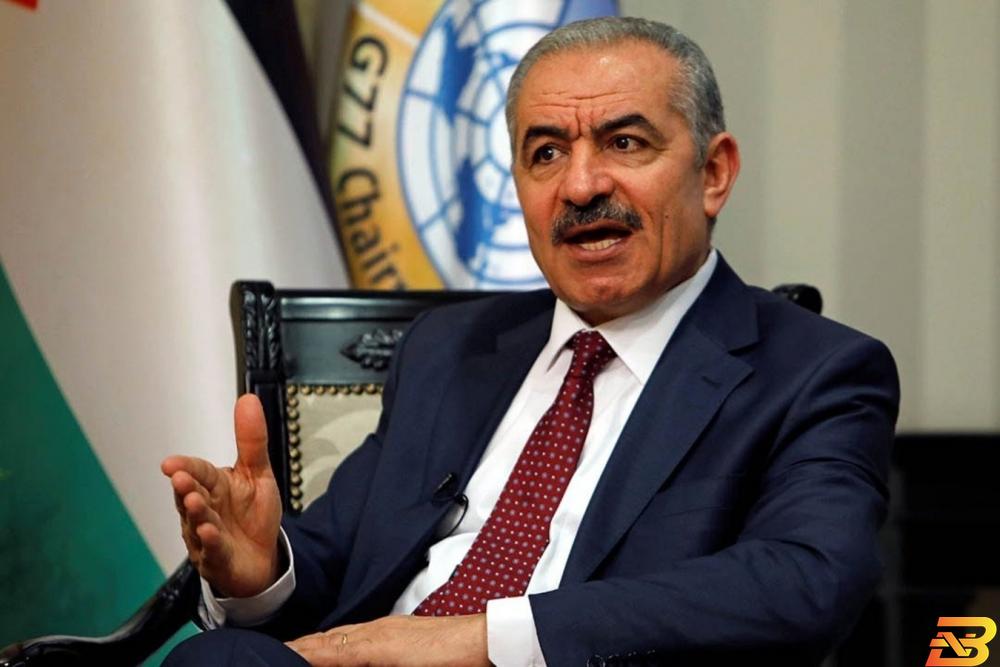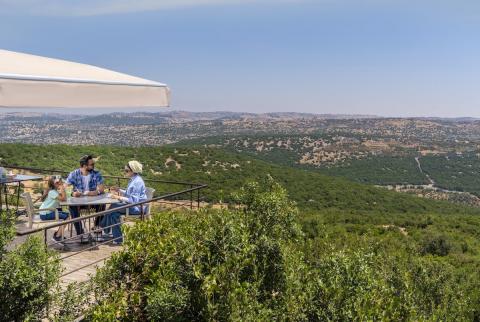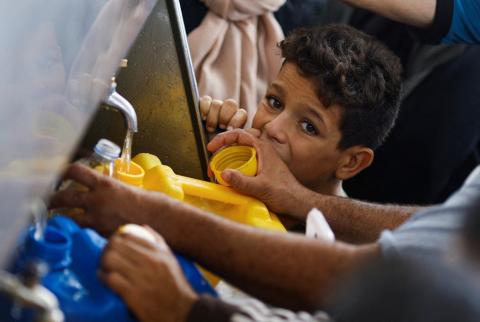
Ramallah-(BNEWS)- Palestinian Prime Minister Mohammad Shtayyeh has warned that Israeli sanctions on the Palestinian Authority "will promptly lead to its collapse". Speaking to Haaretz (An Israeli Newspaper), Shtayyeh was referring to the retaliatory sanctions the Israeli cabinet imposed over the weekend on the PA in response to the Palestinian request for an advisory opinion from the International Court of Justice in The Hague on Israel’s occupation of the West Bank.
According to Shtayyeh, Israel's decision to transfer approximately 139 million shekels (about $39 million dollars) from PA funds to Israeli victims of terrorism – as well as to continue the freeze on taxes equal to the amounts that the PA pays to support prisoners convicted by Israel of terrorism – "are another nail in the Palestinian Authority's coffin, unless there is immediate intervention by the international community, namely the administration in Washington and Arab countries". The U.S. is not funding the Authority's regular budget, he emphasized, while the European Union transfers funds for infrastructure projects only.
"Previous Israeli governments worked to eliminate the two-state solution", Shtayyeh said. "And the current government is fighting the Palestinian Authority itself. We're reading the map as clearly as possible: Increasing settlement construction while severing Jerusalem from the West Bank, annexing Area C and now crushing the PA – that is the program guiding the Israeli government".
Shtayyeh dismissed the connection between the PA's request from the UN and Israel's retaliatory measures. "The Palestinian people are struggling under a vicious occupation. We have the right to complain and tell the world we are in pain. Israel wants to prevent even the most non-violent way of fighting the occupation". When asked about the claim that the Palestinian move is one-sided, Shtayyeh responded that "any occupation is one-sided, the construction in the settlements is one-sided, everything is one-sided – and if we turn to the UN and the international community – that's forbidden and one-sided?"
The Palestinian Prime Minister explained that Israel collects some 900 million shekels (nearly $256m) every month, largely extracted via tariffs on services and goods intended for the Palestinian Authority, but added that Israel deducts a further 300 million shekels ($85m) from this amount for regular payments, commissions and to offset the sums paid by the Palestinians to prisoners' families. "Israel sells us everything, including water treatment, electricity and drinking water, and in fact profits from all of this… an occupation that makes it money", he said. "Israel operates three clerks responsible for the various sums it charges the PA, and for this administrative process it charges a commission of 30 million shekels a month – so Israel profits from the very act of collecting [funds]".
In addition to the money collected by Israel, the PA itself collects taxes equal to some 300 million shekels a month. "That leads us to a sum of 900 million", says Shtayyeh, "but in reality the PA spends some 1.3 billion shekels [$370m) every month – so we have a monthly deficit of 400 million shekels [$114m]", he said, a deficit which, beyond everyday governance, subsidizes water, bread and other staple products. "The Palestinian banks are no longer capable of giving us loans, and without other budgetary options we are forced, among other things, to pay partial salaries".
According to Shtayyeh, the PA is planning to turn to Arab League countries and ask them to implement previous commitments to provide the Palestinians with an economic safety net. "Only Algeria is fulfilling its commitments and transfers $52m a month", he said. The Palestinians are also expected to approach senior EU officials for assistance.
U.S. National Security Advisor Jake Sullivan is slated to visit Ramallah later this month, and Shtayyeh says the PA intends to demand the U.S. advance steps to prevent its collapse and halt the Israeli attempt "to crush the two-state solution". Beyond "positive statements," the Biden administration has so far done little to present a different policy than its predecessor in confronting Israel, he said.
The Palestinian public, concluded Shtayyeh, is standing firm despite difficult times. "The Palestinians are not going anywhere", he said.







